Tribulus Terrestris Plant (Herbal Uses and Health Benefits )

Tribulus is a genus of plants in the family Zygophyllaceae that grows in diverse climates and soils worldwide. The most well-known species is Tribulus terrestris, also called puncture vine, goat’s head, or caltrop. It is a small, creeping plant with yellow flowers and spiny fruits that can cause injury to humans and animals. It is also used as a traditional medicine for various health conditions, such as sexual dysfunction, diabetes, and inflammation,
Medicinal Uses of Tribulus Terrestris
Tribulus terrestris is a plant that has been used for various medicinal purposes in traditional Chinese and Indian systems of medicine. Some of the reported benefits of Tribulus Terrestris include:
- Improving sexual function and libido in both men and women
- Enhancing athletic performance and muscle strength
- Lowering blood sugar and cholesterol levels in people with type 2 diabetes
- Reducing inflammation and pain in conditions such as arthritis, gout, and kidney stones
- Supporting heart health and blood circulation
Chemical Properties of Tribulus Terrestris
Tribulus Terrestris is a medicinal plant used for various purposes in traditional medicine.
Some of its chemical properties are:
- Steroidal saponins: These are the main bioactive compounds in Tribulus Terrestris, and they are responsible for most of their pharmacological effects, such as enhancing sexual function, improving muscle strength, and modulating hormone levels.
- Flavonoids: These are antioxidants that have anti-inflammatory, anti-diabetic, anti-cancer, and neuroprotective properties. Tribulus terrestris contains flavonoids such as kaempferol, quercetin, rutin, and apigenin.
- Glycosides: These compounds have a sugar molecule attached to another molecule, usually a steroid or a phenol. Tribulus Terrestris contains glycosides such as tribulosin, protodioscin, and dioscin.
- Phytosterols: These are plant-derived steroids that have cholesterol-lowering, anti-inflammatory, and anti-cancer effects. Tribulus Terrestris contains phytosterols such as beta-sitosterol, stigmasterol, and campesterol.
- Tannins: These are polyphenolic compounds that have astringent, antimicrobial, and antioxidant properties. Tribulus terrestris contains tannins such as catechin, epicatechin, and gallic acid.
- Terpenoids: These are organic compounds that have diverse structures and functions, such as aroma, flavour, and biological activity. Tribulus terrestris contains terpenoids such as furostanol, spirostanol, and pregnane.
- Amide derivatives: These are compounds that have an amide group (-CONH2) attached to another molecule, usually an alkaloid or a fatty acid. Tribulus Terrestris contains amide derivatives such as harman, harmine, and N-trans-feruloyl tyramine
How to Use the Plant as Herb

There are different ways to use Tribulus terrestris as a herb, depending on the form and dosage of the product. Some common methods are:
- Tea: You can make tea by adding up to 1 teaspoon of the powdered tribulus to a cup of hot water and stirring well. You can consume the tea in the morning and early in the evening.
- Capsules: You can take Tribulus capsules as directed by the product label or your health care provider. The recommended adult dose of Tribulus is an extract equivalent to 100 mg of steroidal saponins taken three times a day.
- Tincture: You can take Tribulus tincture as directed by the product label or your health care provider. A typical dose is 1–2 ml of the liquid extract three times a day.
Please note that these are general guidelines and may vary depending on the quality and concentration of the product. You should always follow the instructions on the package and consult your doctor before using any herbal supplement.
Side Effects of the Tribulus Plant
Tribulus is a plant that has been used for various medicinal purposes, but the scientific evidence for its benefits and safety is limited and inconsistent. Some possible side effects of taking Tribulus as a supplement are:
- Trouble sleeping, upset stomach, and irregular periods
- Interactions with medications for diabetes, high blood pressure, and blood clotting
- Risks for pregnant and breastfeeding women, and men with prostate cancer
- Damage to the heart, liver, and kidneys in animals
Therefore, you should consult your doctor before taking Tribulus, especially if you have any medical conditions or are taking any medications.
Learn more

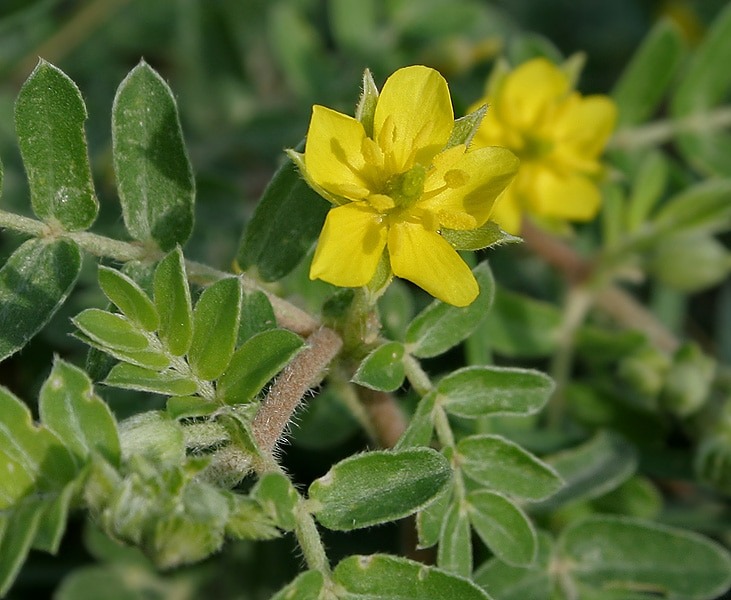

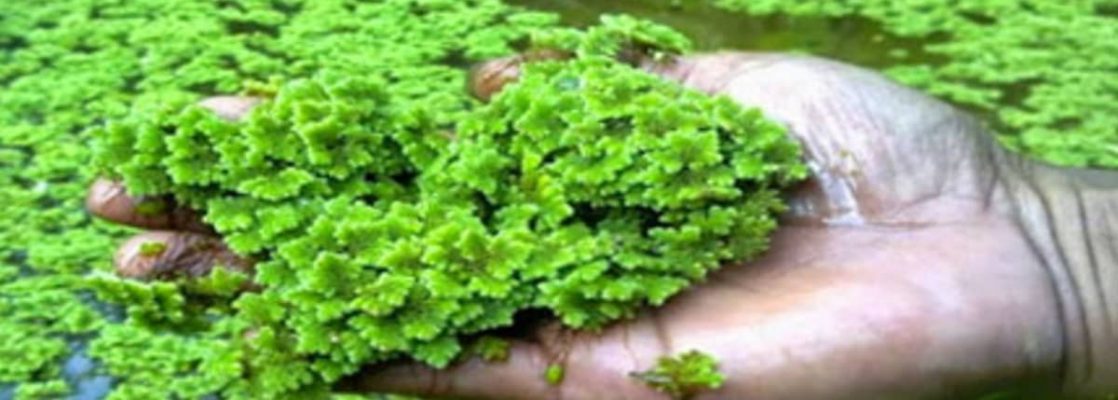
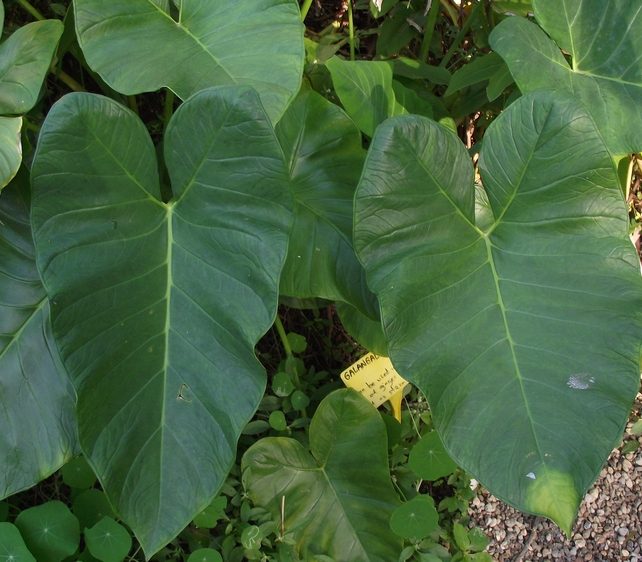
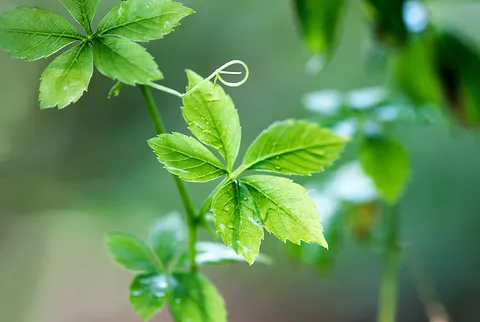
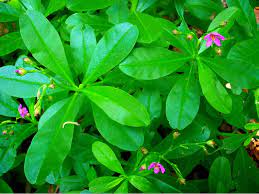
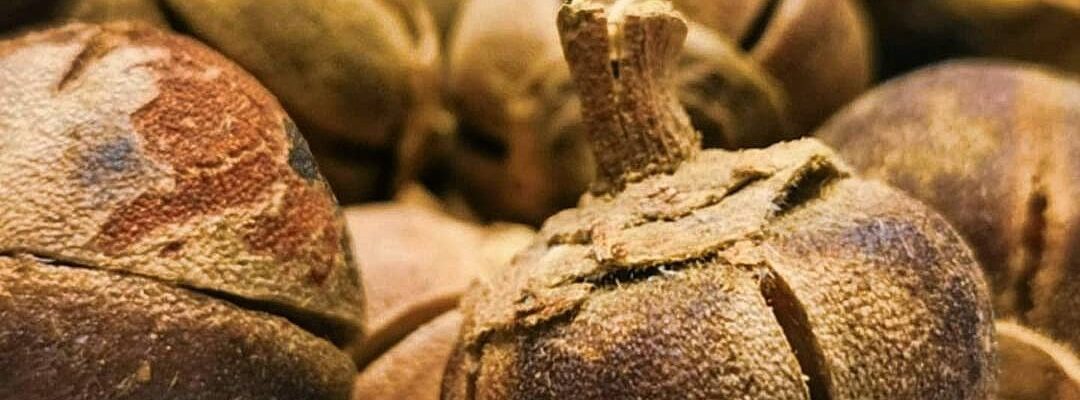

Review Tribulus Terrestris Plant.
You must be logged in to post a review.